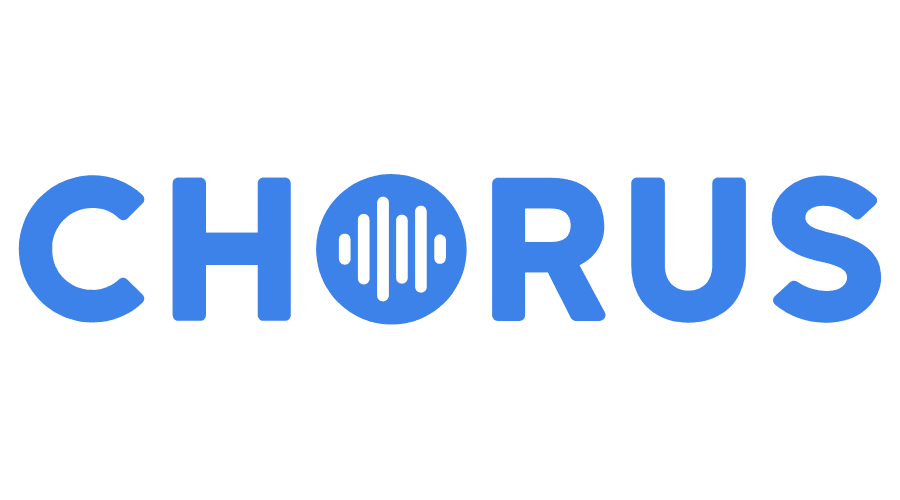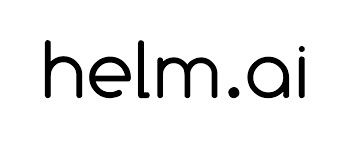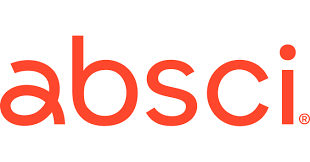

















Reduced manual testing time by 75% through implementation of automated testing frameworks.
Increased deployment frequency by 300%, from bi-weekly to multiple times per day, using CI/CD pipelines.
Expertise in developing scalable, cloud-based automation solutions using AWS and Azure services.
Liam led the development of an automated infrastructure provisioning system for a large e-commerce platform. He utilized Infrastructure as Code principles with Terraform and Ansible to create a self-healing, scalable environment. The project resulted in a 60% reduction in infrastructure-related incidents and a 40% decrease in operational costs.
Automated 85% of repetitive IT tasks, saving the company over 5000 man-hours annually.
Improved system uptime from 99.5% to 99.99% through implementation of automated monitoring and self-healing processes.
Proficient in developing RPA solutions using UiPath and Blue Prism for business process automation.
Sophia designed and implemented an end-to-end test automation framework for a financial services application. She integrated AI-powered test generation tools to create dynamic test scenarios. The project increased test coverage by 40% and reduced regression testing time from days to hours.
Reduced average bug resolution time by 60% through implementation of automated issue tracking and prioritization system.
Increased code quality metrics by 45% by integrating automated code review tools into the development workflow.
Skilled in developing custom automation scripts using Python, bash, and PowerShell for cross-platform compatibility.
Ethan spearheaded the creation of a machine learning-powered predictive maintenance system for a manufacturing client. He developed algorithms to analyze sensor data and predict equipment failures. The system reduced unplanned downtime by 30% and maintenance costs by 25% in its first year of operation.
Automated 95% of the software release process, reducing time-to-market for new features by 70%.
Increased test automation coverage from 40% to 90%, resulting in a 50% reduction in post-release defects.
Experience in implementing security automation for continuous compliance monitoring and vulnerability assessment.
Ava developed an automated data pipeline for a healthcare analytics company. She utilized Apache Kafka for real-time data streaming and implemented automated data validation and transformation processes. The project improved data accuracy by 35% and reduced data processing time from hours to minutes.
Reduced average customer support response time by 80% through implementation of an AI-powered chatbot.
Automated 70% of HR onboarding processes, saving 20 hours per new hire and improving employee satisfaction scores by 25%.
Proficient in developing and maintaining containerized applications using Docker and Kubernetes for scalable deployments.
Marcus led the implementation of a company-wide robotic process automation (RPA) initiative. He identified key processes across departments and developed bots using UiPath to automate repetitive tasks. The project resulted in a 40% reduction in processing times for financial transactions and a 30% increase in overall operational efficiency.
With our extensive candidate network and dynamic team search approach, Redfish recruiters can greatly reduce your time to hire compared to in-house hiring processes.
Redfish recruiters handle every step of the process, including finding talent, screening candidates, scheduling interviews, conducting reference checks, and negotiating the offer, freeing up your in-house HR staff to focus on their other responsibilities.
We form the same in-depth relationships with clients that we establish with candidates, taking the time to fully understand your company and needs and giving each client a single point of contact for all communications.
We understand the roles we recruit for inside and out, whether that’s the technical jargon familiar to engineers and programmers or the skills that make an exceptional sales or marketing hire. When we send along a candidate, you can trust they have what it takes to excel.
With 20+ years in the recruiting industry, Redfish Technology has built an extensive network of connections and candidates, and our reputation precedes us. We’re a recruiting firm top talent wants to work with, giving you access to better talent than you’ll find from other services.



Look for proficiency in programming languages like Python or Java, experience with automation tools and frameworks, knowledge of CI/CD processes, and strong problem-solving skills.
Consider giving them a coding challenge, asking them to explain a complex automation project they’ve worked on, or discussing how they’d approach automating a specific process in your organization.
While there’s overlap, Automation Engineers focus more on creating tools and processes to automate testing, deployment, and other IT operations, whereas Software Developers primarily create application code.
While helpful, strong automation skills often transfer well across domains. Look for candidates who demonstrate the ability to quickly learn and adapt to new environments.
Certifications like AWS Certified DevOps Engineer, Certified Kubernetes Administrator, or those related to specific automation tools (e.g., Selenium, Jenkins) can be beneficial.
They can streamline processes, reduce manual errors, increase deployment frequency, improve software quality through automated testing, and free up team members to focus on more strategic tasks.
Yes, experience with cloud platforms like AWS, Azure, or Google Cloud is increasingly important as many automation processes leverage cloud technologies.
They play a crucial role in supporting continuous integration and delivery, automating testing processes, and helping to maintain a smooth, efficient development pipeline.
Ask about challenges they’ve faced in previous automation projects, how they approach debugging complex issues, or how they’d automate a process that seems difficult to automate.